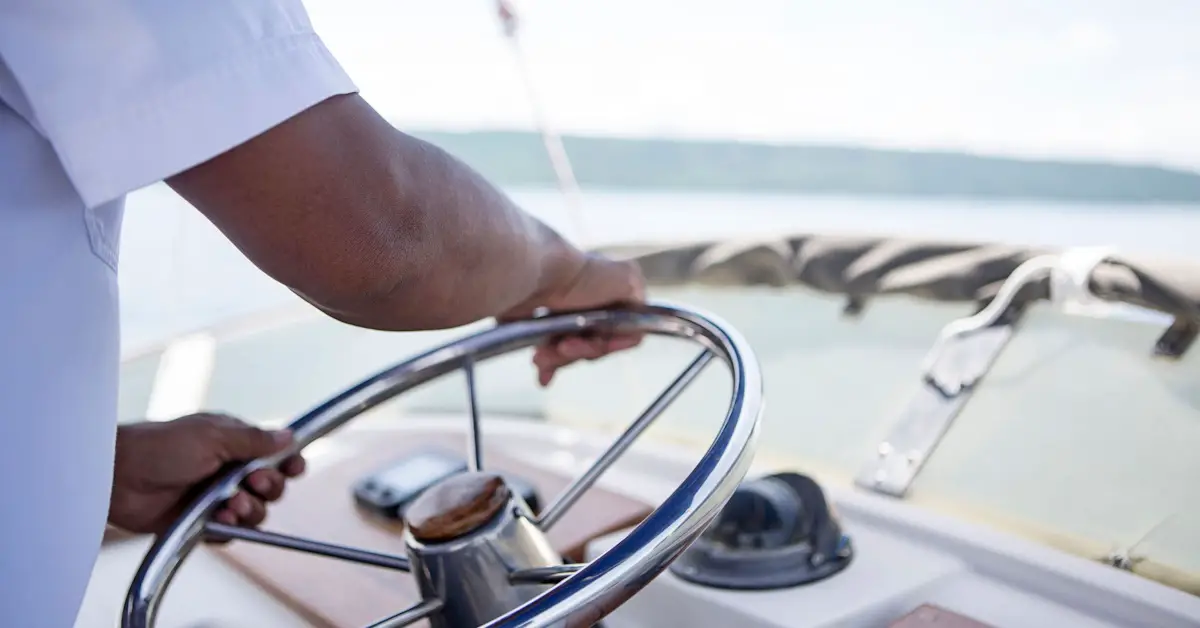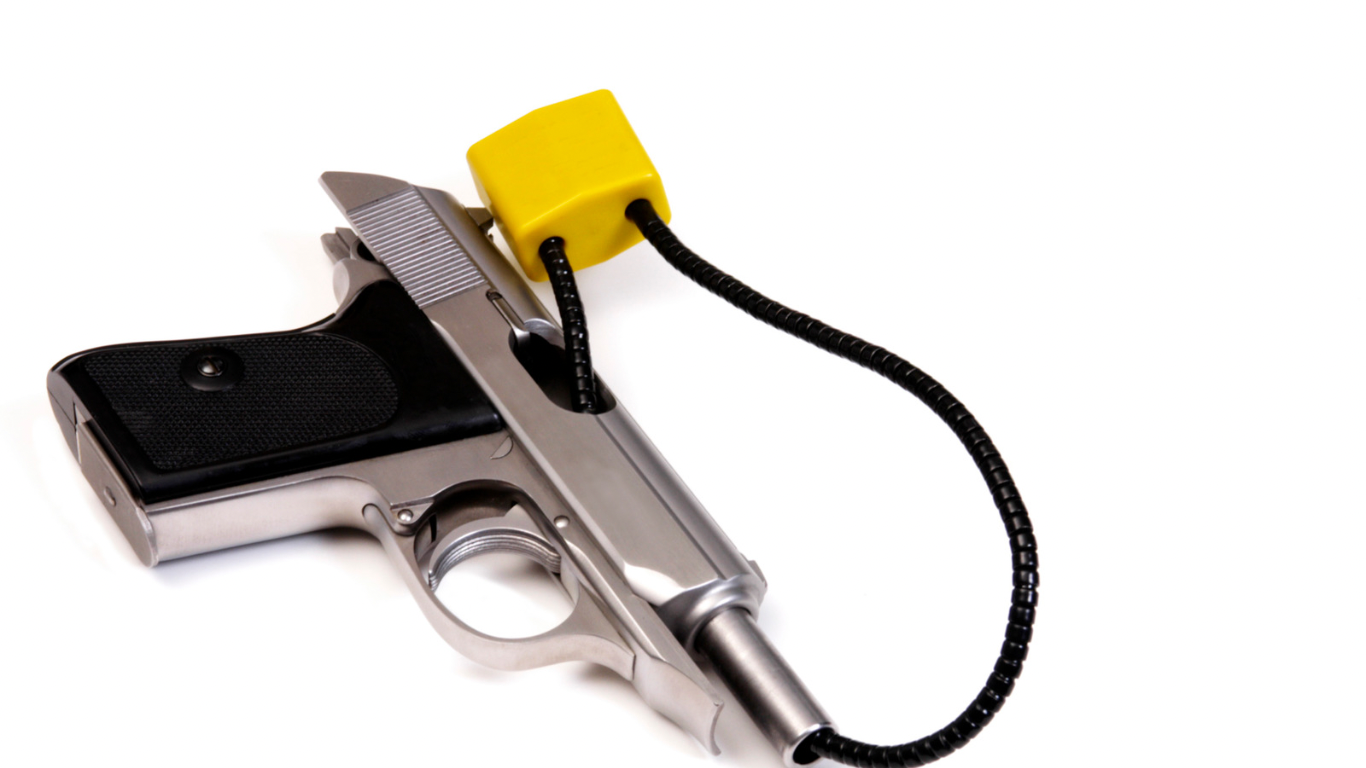The debate surrounding guns on boats has been raging for decades. While some believe that firearms are necessary for personal protection, others argue that they contribute to a culture of violence. There are no easy answers to this question, as it involves complex ethical and legal considerations. In this blog post, we will explore the various arguments for and against carrying firearms on boats. We will delve into the legal regulations surrounding this issue, and the controversies that have arisen as a result. Join us as we unpack this ethical conundrum.
Personal Protection versus Risk
Proponents of carrying firearms on boats argue that it is necessary for personal protection. They point to stories of boats being attacked by pirates or other nefarious actors, and argue that being armed is the only way to prevent harm. Others argue that firearms are necessary for hunting or self-defense against wildlife. In these cases, they argue, the right to bear arms is necessary for survival. However, opponents of guns on boats argue that firearms contribute to a culture of violence. They argue that individuals are more likely to use a firearm in the heat of the moment, leading to tragic accidents or even homicides. They point to statistics about gun-related deaths and argue that guns only make society less safe.
Legality
Another issue at play is the legality of carrying firearms on boats. Typically, boats are governed by the laws of the country in which they are registered. However, when boats cross international waters, they fall under the jurisdiction of the United Nations Convention on the Law of the Sea. Under this convention, individuals are permitted to carry firearms for self-defense, but only in certain circumstances. These circumstances include protection against piracy or other violent acts. If an individual is caught with a firearm and they are not able to prove that they are carrying it for self-defense, they could face serious legal consequences.
2nd Amendment Rights
Despite the legal and ethical considerations surrounding guns on boats, some individuals argue that they have a right to carry firearms regardless. Gun enthusiasts will argue that their right to bear arms is enshrined in the Constitution and that any attempts to restrict that right are unconstitutional. They point to their right to protect themselves and their families from harm and argue that this extends to being on a boat. However, others argue that individuals do not have the right to endanger others through their possession of firearms. They argue that society has the right to prohibit certain activities if they lead to harm, and that carrying firearms on boats is one such activity.
Conclusion
As we can see, the question of guns on boats is a complex one. It involves ethical, moral, and legal considerations, as well as personal beliefs about the value of firearms. While there are valid arguments on both sides, it is clear that this issue requires thoughtful engagement and careful consideration. As individuals, we must weigh the risks and benefits of carrying firearms on boats and make decisions that are in the best interest of society. Ultimately, it is up to us to decide whether or not the right to bear arms extends to the high seas.






